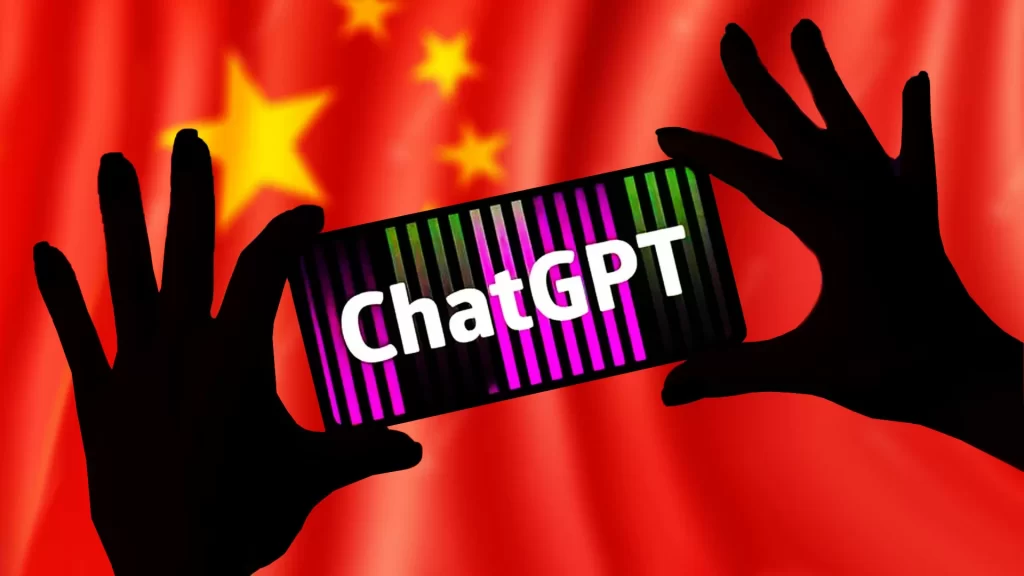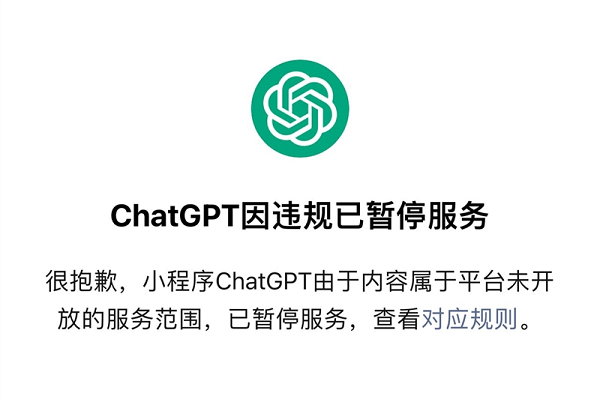China has banned its big tech companies from offering ChatGPT services to the public, citing concerns that the AI chatbot is generating responses that the Communist Party would censor. ChatGPT, developed by Microsoft-backed OpenAI, has been a popular tool for generating natural language responses to user queries and has been used in various applications, including chatbots, virtual assistants, and language translation services.
The decision by China’s regulators to prohibit big tech firms from offering ChatGPT services to the public is part of a broader effort to tighten control over the country’s tech industry. The move comes amid growing concerns about the impact of AI technology on society, and its potential to undermine political stability and social order.
Foreign websites have historically been blocked in China. Between 2009 and 2010, the government of the nation outlawed Google, Facebook, YouTube, and Twitter. Reddit and Wikipedia were also forbidden between 2018 and 2019.

Several Chinese companies have been working on their own versions of ChatGPT, with some claiming to be on the verge of releasing public versions. However, the ban on ChatGPT services may make it difficult for these companies to gain a foothold in the market, as they will not be able to offer a service that is already widely popular and well-established.
The decision by China’s regulators to ban ChatGPT services is also a reflection of the country’s broader approach to internet regulation. China has one of the most heavily regulated internet environments in the world, with a complex system of censorship and content controls designed to ensure that online discourse aligns with the party’s political goals.

Despite the ban on ChatGPT services, it is likely that China will continue to develop its own AI technology, both for commercial and military applications. The country has invested heavily in AI research in recent years and is widely seen as a major player in the global AI industry. However, the decision to ban ChatGPT services suggests that China is keen to maintain tight control over the development and deployment of AI technology within its borders and is willing to take steps to ensure that this technology is used in a way that is consistent with the party’s political goals.


